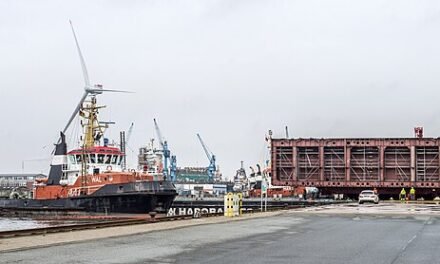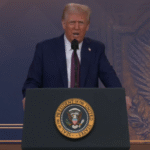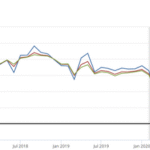Germany is urging the European Union to steer its next seven-year budget, starting in 2028, toward beefing up defense, a move that’s stirring hope for stronger security but unease among families worried about cuts to social programs. As Berlin calls for a leaner budget without hiking contributions, locals in Washington, D.C., with ties to Europe wonder how this shift will ripple across the Atlantic, while critics question if it’s more about Germany’s geopolitical clout than collective safety.
Chancellor Olaf Scholz’s push comes as Europe faces Russia’s war in Ukraine and fears of U.S. disengagement under President Trump. Germany, the EU’s economic powerhouse, wants funds for joint weapons projects, cyber defenses, and NATO-aligned infrastructure, citing a 2024 EU report estimating a €500 billion defense gap. “We need a Europe that can protect itself,” Scholz said at a Berlin summit. The EU’s €1.2 trillion 2021–2027 budget already allocates 13% to defense and foreign policy, but Germany seeks to double that share without raising the 1.2% GDP member contributions, per IMF data. This means reallocating from agriculture, climate, or cohesion funds, which support poorer regions.
The proposal resonates with some but rankles others. “A stronger EU defense feels urgent,” said Clara Vong, a D.C. analyst with German roots, citing Ukraine’s plight. But Georgetown retiree Maria Ellis, whose family farms in Greece, fears subsidy cuts: “Defense is fine, but don’t starve our villages.” Small D.C. European delis report 10% sales dips as expats tighten belts amid tariff-driven import costs. Analyst Priya Shah noted, “Germany’s framing it as survival, but it’s also flexing muscle—smaller nations lose leverage.” A June 2025 poll shows 60% of EU citizens back defense spending, but 55% oppose slashing social funds.
The shift could strain Europe’s $18 trillion economy, with southern nations like Spain, reliant on 40% of EU funds for rural aid, resisting. Small defense firms in D.C.’s supply chain may see 15% order boosts if EU contracts grow, but local NGOs warn of aid cuts to Africa, where Europe funds 30% of humanitarian projects. Critics argue Germany’s push sidesteps diplomacy for militarization, ignoring a 2023 RAND study showing sanctions often outpace arms in curbing conflicts. If the budget stalls, EU unity could fray, risking 5% GDP losses by 2030, per IMF estimates.
Negotiations start in 2026, with Germany eyeing a 2027 deal. Scholz vows “smart cuts” to balance priorities, but smaller states demand veto power. “It’s our future too,” said a Greek diplomat. For D.C. families with European ties, the debate feels personal, weighing safety against the social glue that binds their heritage. As Europe rethinks its purse, the question looms: can it arm itself without breaking its heart?web:4,13,20




















